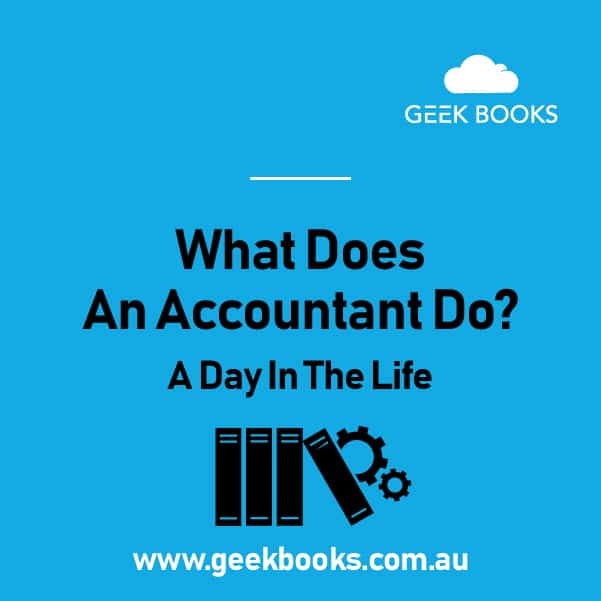Accounting is a vital profession that forms the backbone of the business world.
What is an accountant?
A professional who prepares, manages, and analyses financial records and reports.
They also ensure compliance with financial laws and regulations.
Accountants are more than number crunchers; they’re financial storytellers, interpreting financial data to guide businesses toward success.
Why Is an Accountant’s Job Important?
Australia’s accounting landscape has flourished in 2023, with 36,903 accounting service businesses.
This marks a 2.2% growth from the previous year, reflecting the profession’s crucial role in the Australian economy.
Why exactly is an accountant’s job so important?
- Financial accuracy: They ensure accurate financial reporting, which is essential for strategic decision-making by business owners.
- Compliance: Accountants help businesses adhere to financial laws and regulations, avoiding legal issues.
- Tax management: They are experts in managing taxes efficiently, saving money for businesses and individuals.
- Strategic planning: With their financial insights, accountants contribute to strategic business planning and growth.
- Auditing: Accountants conduct audits, providing confidence in the financial health of businesses.
- Cost management: They help identify and manage costs effectively, increasing profitability.
- Financial advice: Accountants offer valuable financial advice and planning, contributing to the overall financial health and stability of businesses and individuals.
Choosing a career in accounting means stepping into a world where your expertise can shape business landscapes and contribute significantly to economic stability and growth.
Let’s find out more about “what does an accountant do” and how to become one.
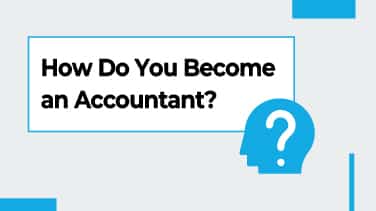
How Do You Become an Accountant?
A career in accounting can open up different employment opportunities, from entry-level positions to specialised mid-level roles.
Each level in this dynamic field demands a unique set of qualifications.
This section will explore the educational pathways and skill sets needed for both career stages in the accounting profession.
Specialised Mid-Level Accountant
Mid-level accountant positions include
- Certified accountant: Handling complex accounting, auditing, and financial tasks.
- Tax accountant: Specialising in preparing tax returns and offering tax planning advice.
- Management accountant: Focusing on financial analysis to aid in business decision-making.
- Auditor: Examining financial records for accuracy and compliance.
- Financial analyst: Analysing financial data to assist in business planning and strategy.
Becoming a specialised mid-level accountant in Australia begins with obtaining a bachelor’s degree in accounting or a related field, like commerce or business, with a major in accounting.
Entry-Level or Supporting Accounting Role
Entry-level and supporting accounting roles include
- Bookkeeper: Managing financial records and transactions for a business.
- Accounts assistant: Assisting with the preparation of financial statements and reports.
- Payroll officer: Overseeing payroll procedures and ensuring employees are paid accurately and on time.
- Accounts payable/receivable clerk: Managing incoming and outgoing payments.
- Junior accountant: Supporting senior accountants with tasks like tax return preparation and financial analysis.
To qualify for any of these accounting positions, the minimum qualification required is a Diploma in Accounting.
This diploma can be acquired through educational institutions like TAFEs, private colleges, and some universities offering vocational education.
All Accounting Roles
To work as an accountant, you must register with one of Australia’s three professional accounting bodies:
CPA (Certified Practising Accountant) Australia, Chartered Accountants Australia and New Zealand (CA ANZ), and the Institute of Public Accountants (IPA).
Each body has specific requirements for membership, which often include educational qualifications and practical experience.
A Bachelor’s degree is typically necessary for CPA and CA ANZ membership, whereas a Diploma in Accounting may be sufficient for IPA membership.
Continuing education plays a significant role in an accountant’s career.
Engaging in ongoing learning opportunities, workshops, and seminars will keep your skills sharp and knowledge up-to-date.
All of which is crucial in a field constantly adapting to new financial regulations and technologies.
A commitment to lifelong learning will enhance your expertise and open doors to diverse career opportunities in accounting.
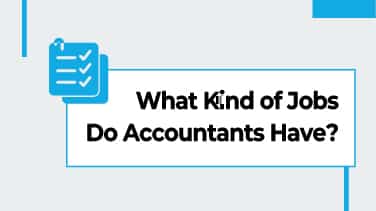
What Kind of Jobs Do Accountants Have?
Accountants can have diverse roles.
- Financial accounting: Handling financial records and reports for external parties.
- Managerial accounting: Focusing on internal financial analysis to aid management decisions.
- Cost accounting: Analysing costs of production and operations to enhance efficiency.
- Tax accounting: Specialising in tax-related matters, ensuring compliance and effective tax planning.
- Government accounting: Managing public sector financial affairs.
- Nonprofit accounting: Overseeing finances in nonprofit organisations, focusing on fund management and regulatory compliance.
- Auditing: Examining financial records for accuracy and adherence to standards.
Accountants can work in-house, directly within an organisation, or in agencies offering accounting services to clients.
Their roles range from entry-level to management positions.
Entry-level roles involve tasks like data entry, basic analysis, and report preparation.
As accountants gain experience, they may advance to management positions overseeing entire accounting departments, developing financial strategies, and making key financial decisions.
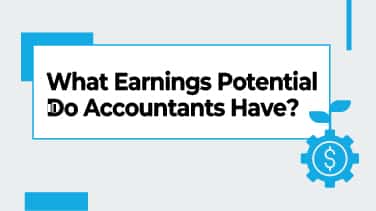
What Earnings Potential Do Accountants Have?
Accountant salaries vary depending on experience, location, and specialisation within the field.
In general, an accountant in Australia may expect a competitive financial remuneration that reflects their experience and specialisation.
Those new to the field typically begin with a modest compensation, which increases as they gain experience and potentially as they take on more complex or specialised roles within the industry.
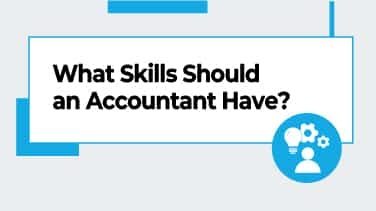
What Skills Should an Accountant Have?
As an aspiring accountant, you must develop a mix of skills to succeed in this field.
These include
- Adaptability: Flexibility to adjust to changing financial laws and practices.
- Analytical thinking: Interpreting and making sense of financial data.
- Attention to detail: Essential for accurate financial reporting.
- Communication skills: Conveying complex financial information to clients clearly.
- Ethical judgement: Upholding integrity in financial reporting and practices.
- Problem-solving skills: Addressing financial challenges and finding practical solutions.
- Process-oriented approach: Helping maintain systematic financial procedures.
- Teamwork: Collaborating effectively with colleagues and clients.
- Technological proficiency: Familiarity with accounting software and tools.
- Time management: Meeting deadlines and managing multiple tasks efficiently.
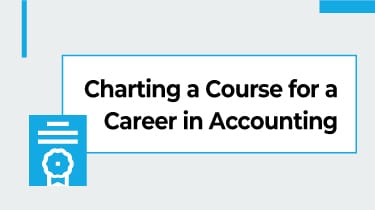
Charting a Course for a Career in Accounting
Do you have a knack for numbers? Do you excel at problem-solving and strategic thinking skills?
You should consider a career as a ledger legend!
What does an accountant do?
Accountants shape financial strategies, ensure compliance, and guide businesses towards success.
With various accounting roles available, from tax accounting to financial analysis, this career path offers diversity and growth.
On the other side of the coin, do you need an accountant with all the education and skills we’ve discussed?
At GeekBooks, we specialise in comprehensive accounting services for small and medium-sized businesses, including
- Payroll outsourcing
- Superannuation accounting
- Debtor management
- Sales and invoice management
- Bank transactions and reconciliations
- Cash flow management
- BAS preparation
- Budgeting and forecasting
We’re dedicated to providing quality bookkeeping and accounting services that are compliant and cost-effective for our clients.
Contact us today by completing our online form or calling 02 9158 3591.


